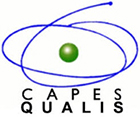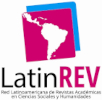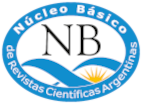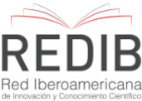The beginnings of Peruvian political cinema and the Film Group Liberación Sin Rodeos (1970-1975)
Keywords:
Velasco Alvarado, Peru, political cinema, documentary cinema, propaganda, censorshipAbstract
The Peruvian cinematographic field during the Revolutionary Government of General Velasco Alvarado (1968-1975) is considered the seed of current Peruvian cinema. In the research on the production of that period, there are two major gaps: on the one hand, the production made from within the government, whether for propaganda, social or artistic purposes, is unknown, and on the other hand, the presence of a Peruvian political cinema, which began to develop from within the production of the government, is invisible.
Carlos Ferrand and the Film Group Liberación Sin Rodeos inaugurated political cinema in the country and, in just a few years of production, produced an important corpus of productions, many of which are still lost. Through interviews with their members and analysis of their restored films, we present this important group of filmmakers and their vision of Peru in the 1970s, while the government was working on the great change in the country's recent history.
Downloads
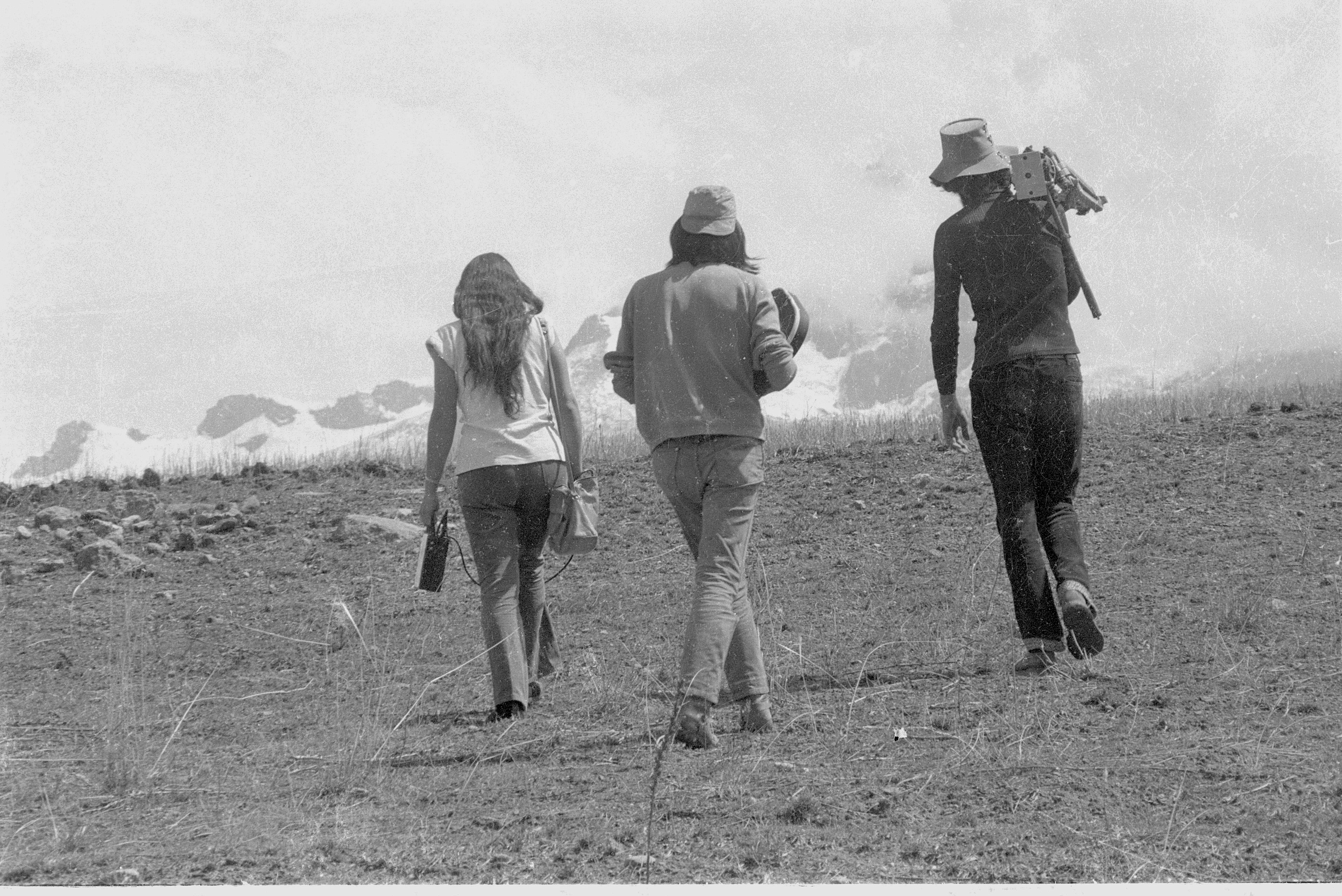
Downloads
Published
How to Cite
Issue
Section
License
Copyright (c) 2025 Mauricio Godoy

This work is licensed under a Creative Commons Attribution-NonCommercial-NoDerivatives 4.0 International License.
Imagofagia adhiere a las diferentes iniciativas que promueven el acceso libre al conocimiento, por lo que todos los contenidos de la revista son de acceso libre y gratuito según la política de Creative-Commons de tipo Reconocimiento-NoComercial-SinObraDerivada 4.0.
Los autores conservarán la propiedad intelectual de los trabajos y concederán a Imagofagia el derecho de su primera publicación bajo las condiciones de dicha política. El envío de cualquier colaboración a la revista implica la aceptación de lo establecido en este documento y la autorización al Comité Editorial para incluirlo en su página electrónica, reimpresiones, colecciones y en cualquier otro medio que permita lograr una mayor y mejor difusión de la publicación.
Luego de su publicación en Imagofagia, los autores podrán republicar sus trabajos o distribuirlos libremente en forma electrónica mencionando su aparición inicial en esta revista.





